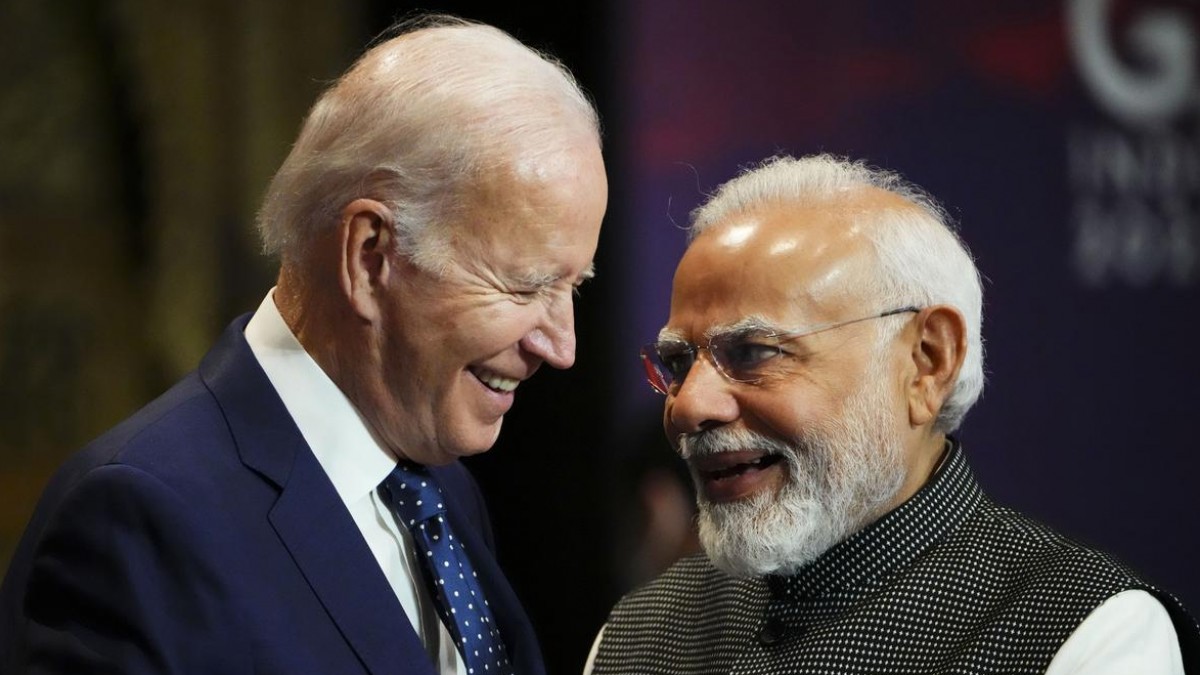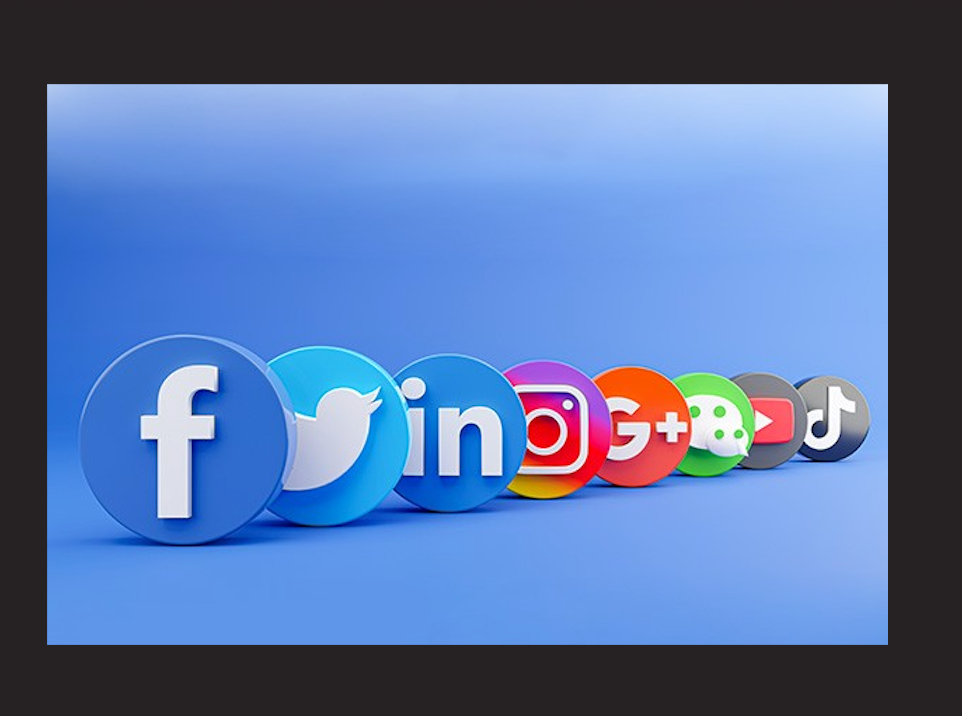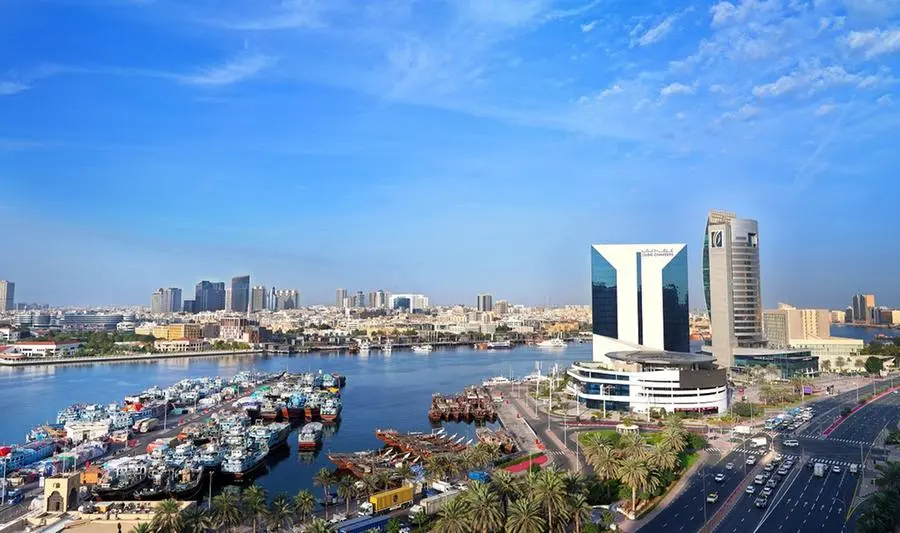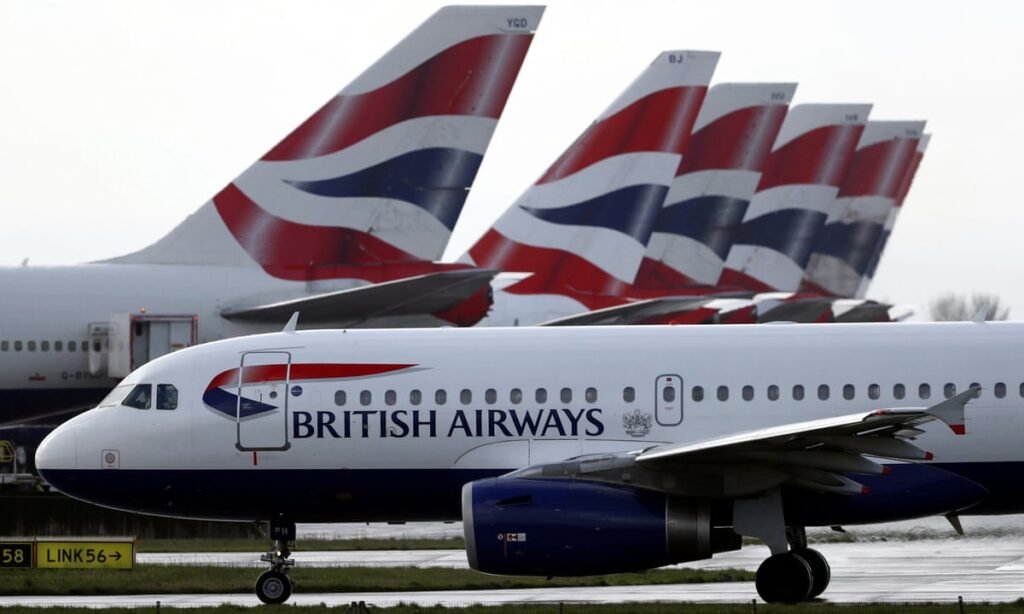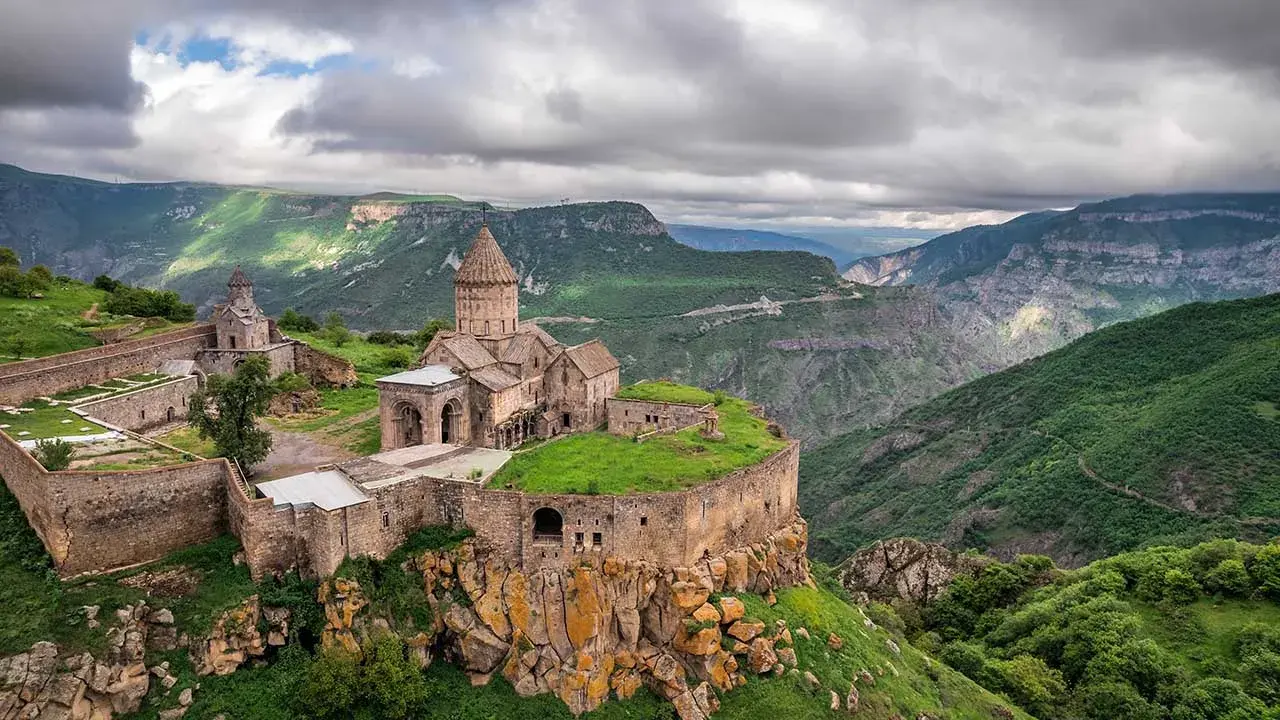The two are scheduled to attend this week’s Group of Seven summit in Japan, a subsequent gathering of Pacific island leaders in Papua New Guinea, and a later meeting of Indo-Pacific leaders in Australia.
WASHINGTON: President Joe Biden has made it a mission for the U.S. to build friendships overseas — and the next few weeks will offer a vivid demonstration of the importance he’s placing on a relationship with Indian Prime Minister Narendra Mod, a report in The Deccan Chrronicle, says.
The two are scheduled to attend this week’s Group of Seven summit in Japan, a subsequent gathering of Pacific island leaders in Papua New Guinea, and a later meeting of Indo-Pacific leaders in Australia.
These will be followed by a June 22 state visit by Modi to Washington, a sign that both seem willing to deepen their bonds.
But like many geopolitical friendships, things are complicated between the world’s largest economy (the U.S.) and its most populous nation (India).
The personal outreach has a clear strategic calculus as both countries respond to China’s economic rise and increased global prominence. But while Biden champions democratic ideals and openly opposes Russia for invading Ukraine, Modi has offered tepid criticism of Russia and opponents say he is eroding India’s democratic traditions.
“It’s a long game of steady forward movement in defense relations and some fairly rapid intensification of business ties — with the pace of both determined by the speed of movement on the Indian side,” said Kurt Tong, a former ambassador for the U.S, managing partner of The Asia Group, a consultancy.
Biden last year publicly called India’s response to the war in Ukraine “shaky.” India abstained from voting on U.N. resolutions condemning Russia and refused to join the global coalition against Russia.
Modi had a relatively warm relationship with Biden’s predecessor, Donald Trump, and has made some efforts to forge a connection with Biden,
When Modi came to Washington in September 2021, he brought with him documents about people with the last name “Biden” in India.
“Are we related?” Biden asked.
“Yes,” Modi joked.
While visiting Canada in March, Biden said he’s made it a strategic goal to improve relations with the rest of the world as he feels that America’s leverage against China and Russia is through its alliances.
“I have now met with 80% of the world leaders just since I’ve been president,” he said. “We’re the ones expanding the alliances. The opposition is not.”
Nilanjan Mukhopadhyay, a biographer of Modi, said the Indian leader’s connection with Biden is not personal — and has its limits. But it is necessary for the U.S. to keep India on its side as tensions with China have accelerated over Taiwan, the federal government’s ban on exporting advanced computer chips to China and human rights issues.
Nirupama Rao, a retired diplomat who served as Indian ambassador to the U.S., said India has its reasons for not joining the condemnation of Moscow.
“The country wants Russia to maintain some distance from China, and it worries that isolating Moscow would just push it closer to Beijing,” she said. Relations between India and China are strained, with the two sides embroiled in an intense three-year standoff involving thousands of soldiers stationed along their disputed border in the eastern Ladakh region.
While visiting Canada in March, Biden said he’s made it a strategic goal to improve relations with the rest of the world as he feels that America’s leverage against China and Russia is through its alliances.
Rao said U.S. policymakers should not mistake India’s involvement in the so-called Quad — whose other members are the U.S., Japan and Australia — for an alliance. India is also in the Shanghai Cooperation Organization, a group dominated by Beijing and Moscow. It routinely attends trilateral meetings with China and Russia. It also continues to participate in the forum known as BRICS, which stands for Brazil, Russia, India, China and South Africa.
“So far, India has done an impressive job of maintaining its balancing act,” she said. “Whether it can continue to do so in the years ahead is an open question. Beijing has become increasingly belligerent, and it may eventually decide it will not deal with India if New Delhi strengthens its security ties to Washington.”
Both the U.S. and India have been emphasizing technology partnerships, including defense, clean energy and space.
Russia is India’s largest supplier of military hardware. But India has been reducing its dependence on Russian arms by diversifying its purchases, buying from the U.S., France, Germany and other countries. The U.S. defense trade with India has risen from near zero in 2008 to over $20 billion in 2020.
The U.S. imported about $86 billion in goods from India last year, according to the Census Bureau. That figure has steadily increased, but it has room to grow as the U.S. still gets more goods from Taiwan and Vietnam than India.
***********************************************************
Readers
These are extraordinary times. All of us have to rely on high-impact, trustworthy journalism. And this is especially true of the Indian Diaspora. Members of the Indian community overseas cannot be fed with inaccurate news.
Pravasi Samwad is a venture that has no shareholders. It is the result of an impassioned initiative of a handful of Indian journalists spread around the world. We have taken the small step forward with the pledge to provide news with accuracy, free from political and commercial influence. Our aim is to keep you, our readers, informed about developments at ‘home’ and across the world that affect you.
Please help us to keep our journalism independent and free.
In these difficult times, to run a news website requires finances. While every contribution, big or small, will makes a difference, we request our readers to put us in touch with advertisers worldwide. It will be a great help.
For more information: pravasisamwad00@gmail.com

